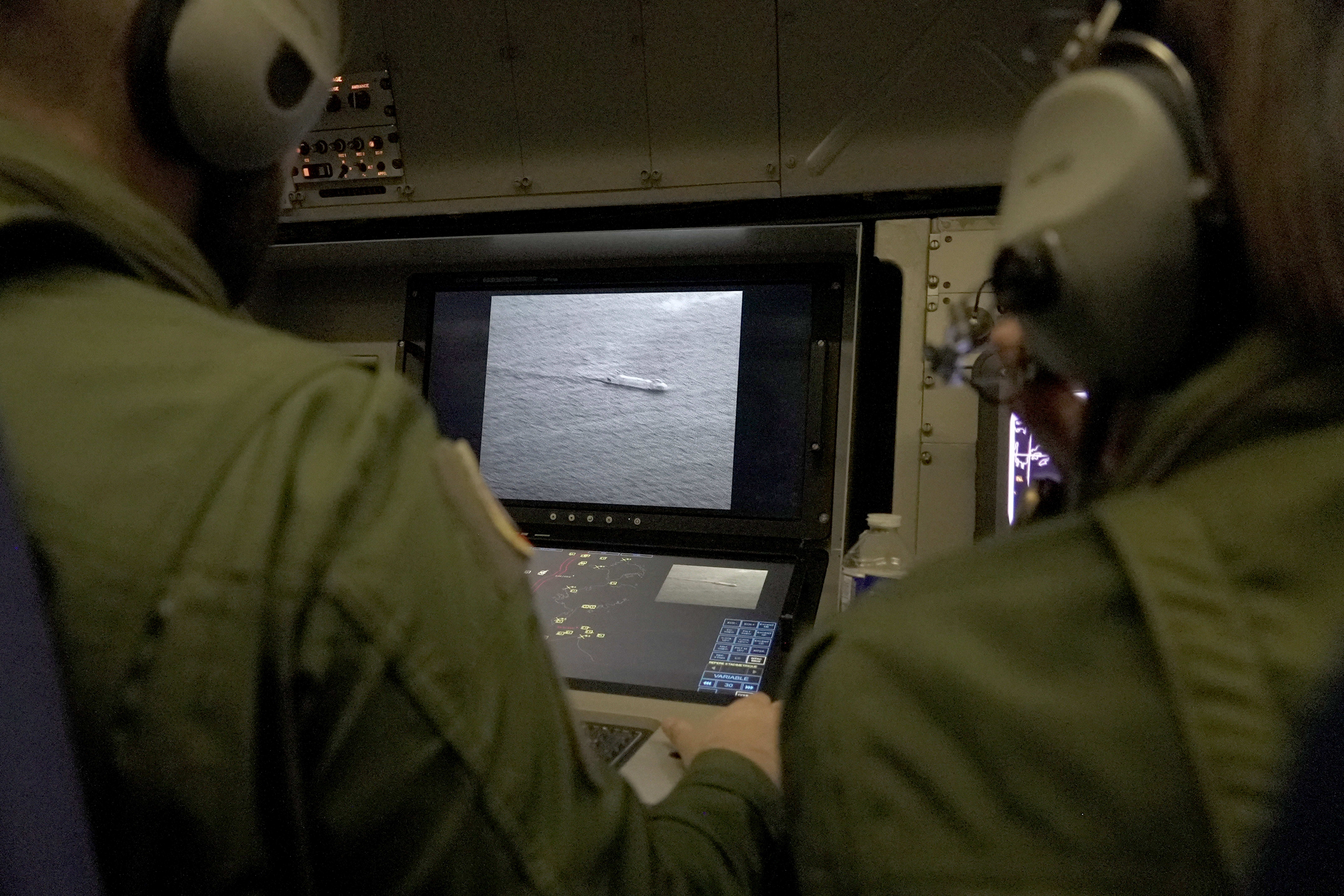Border guards find 100kg of cocaine at bottom of ocean
The drugs have a street value of about £12 million

Polish border guards have made a significant drug bust, uncovering over 100kg of cocaine at the bottom of the Baltic Sea.
Seven people have been detained following the discovery, which was announced on Tuesday.
The cocaine, found in the Gulf of Gdansk in northern Poland, has an estimated street value of up to 60 million zlotys (£12 million), according to border guard officials.
Following the underwater discovery, authorities tracked down the alleged perpetrators and seized additional quantities of drugs.
If convicted, those detained could face up to 20 years in prison.
The incident comes at a time of heightened security in the Baltic Sea region.
Nations are on alert for any suspicious activity around underwater infrastructure, and Nato has pledged to increase its presence following several instances of unexplained damage.
The border guards were conducting operations to protect infrastructure when they discovered the cocaine.

The Nato mission, which is taking place both in the air and at sea, has been dubbed ‘Baltic Sentry’.
Nato Secretary-General Mark Rutte earlier emphasised the alliance's resolve, stating, "We will do everything in our power to make sure that we fight back, that we are able to see what is happening and then take the next steps to make sure that it doesn’t happen again. And our adversaries should know this."
Power and communications cables and gas pipelines stitch together the nine countries with shores on the Baltic, a relatively shallow and nearly landlocked sea.
A few examples are the Balticconnector pipeline that carries gas between Finland and Estonia, the high-voltage Baltic Cable connecting the power grids of Sweden and Germany, and the C-Lion1 telecommunications cable between Finland and Germany.
At least 11 Baltic cables have been damaged since October 2023.
Although cable operators note that subsea cable damage is commonplace, the frequency and concentration of incidents in the Baltic heightened suspicions that damage might have been deliberate.
There are also fears that Russia could target cables as part of a wider campaign of so-called “hybrid warfare” to destabilise European nations helping Ukraine defend itself against the full-scale invasion that Moscow has been pursuing since 2022.
Join our commenting forum
Join thought-provoking conversations, follow other Independent readers and see their replies
Comments
Bookmark popover
Removed from bookmarks